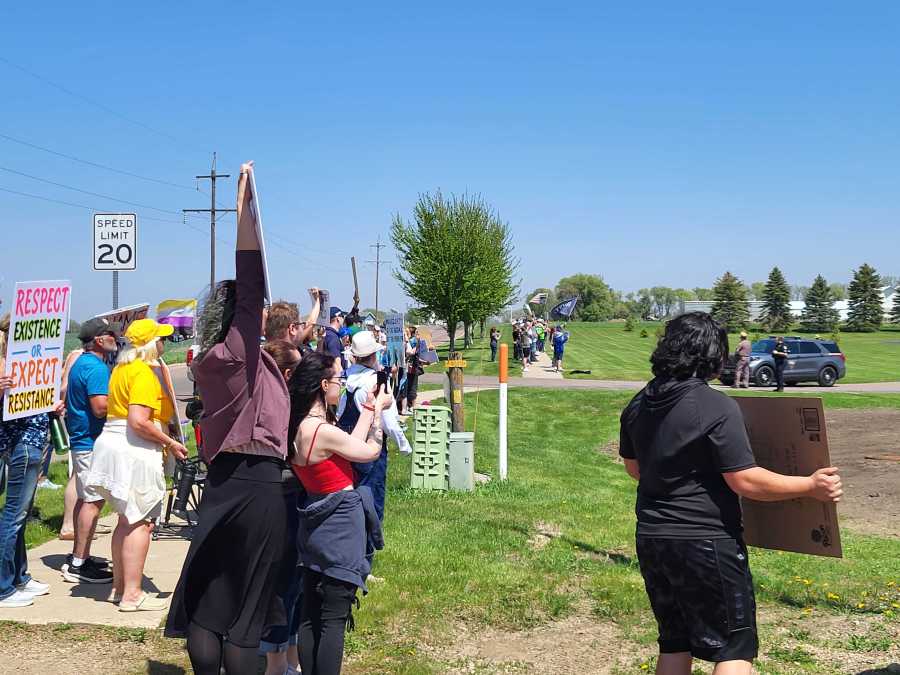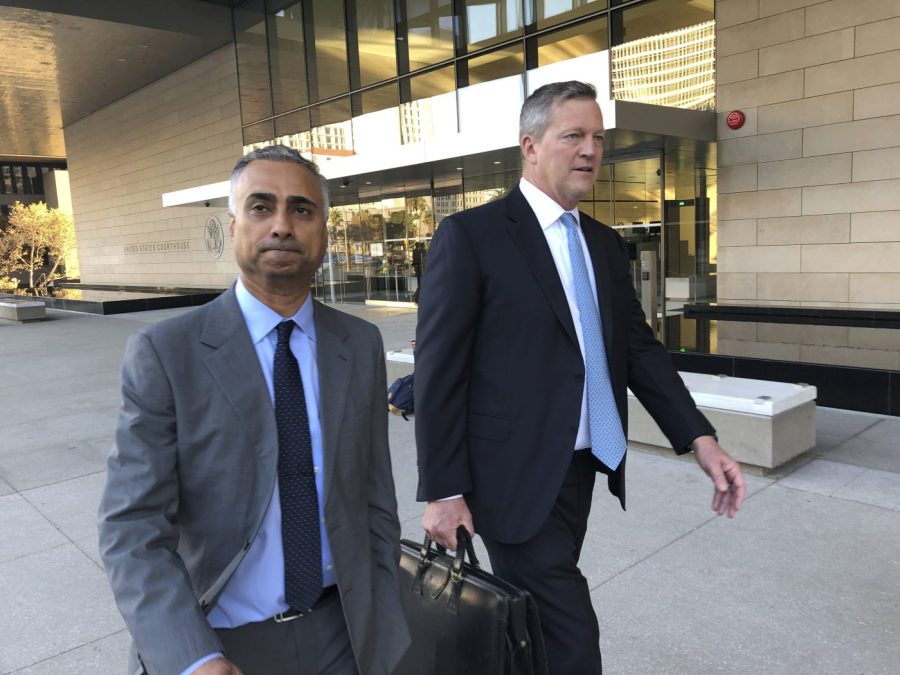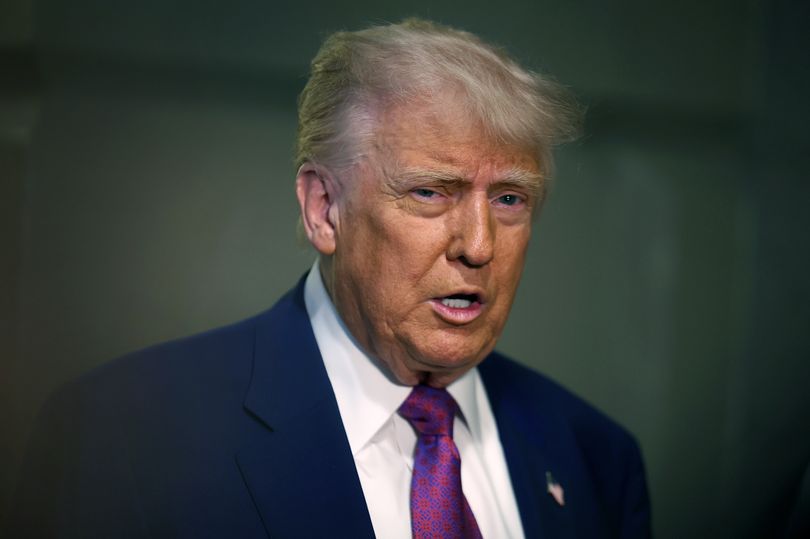Partisan Politics Struggle in Nonpartisan Elections
Numerous voters from the North Texas area dismissed strong partisanship influencing elections.
May 3 municipal contests
and united behind key concerns pertinent to them.
A significant portion of the partisan opposition occurred in Tarrant County, where the Republican Party failed to win 11 contests they aimed to affect, with most losses happening in the county’s three biggest municipalities. This marked the initial instance of Tarrant County Republicans endorsing candidates in city elections as part of their plan to “maintain Tarrant County’s reddish political landscape” by supporting the election of local mayors, council members, and school board officials.
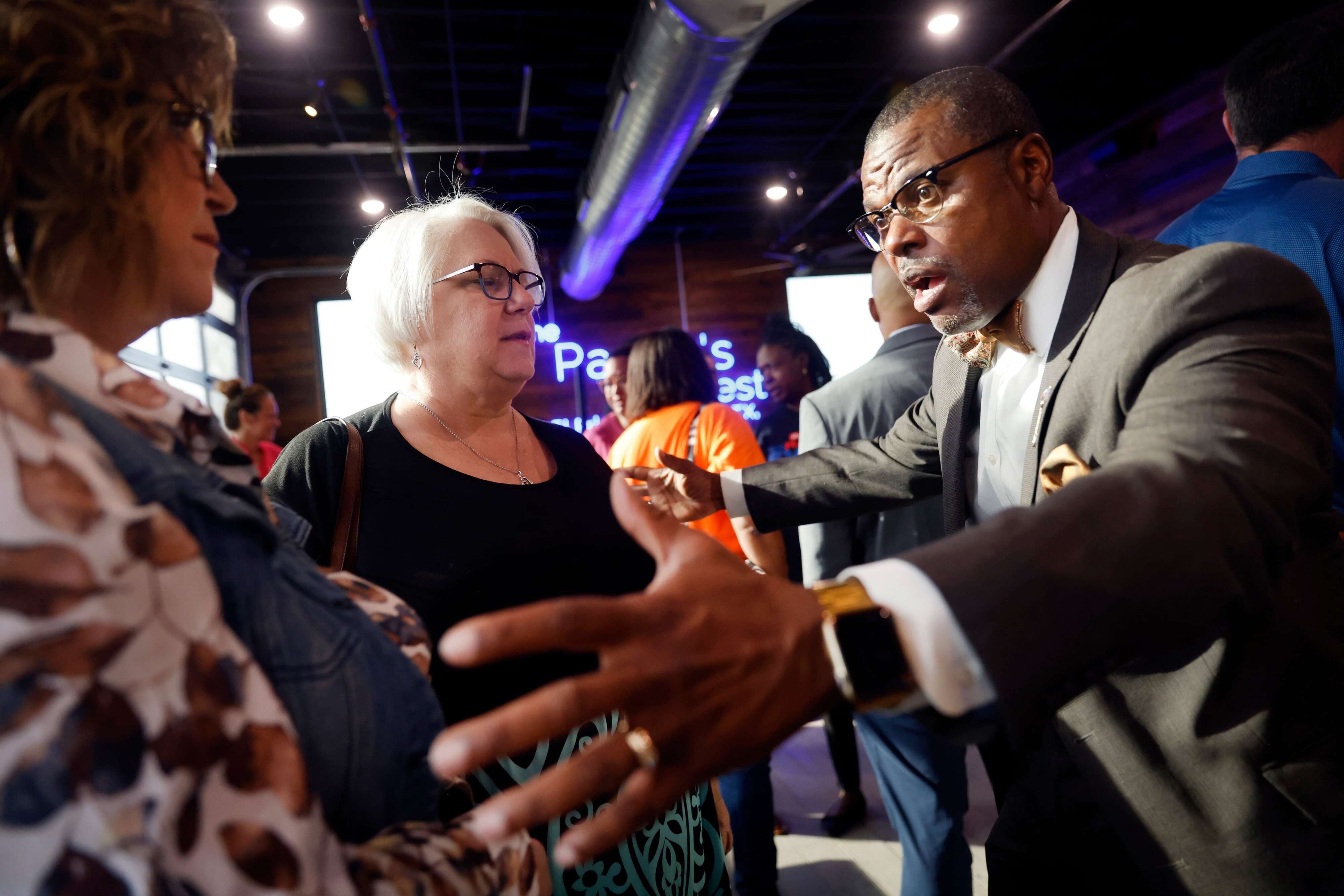
These setbacks highlight the fragile equilibrium between party loyalty and community voting. The two do not necessarily go hand in hand.
Texas nonpartisan elections feature a small but distinctive electorate concerned with issues that affect their daily lives, including public safety, neighborhood vitality, taxes, schools and recreation.
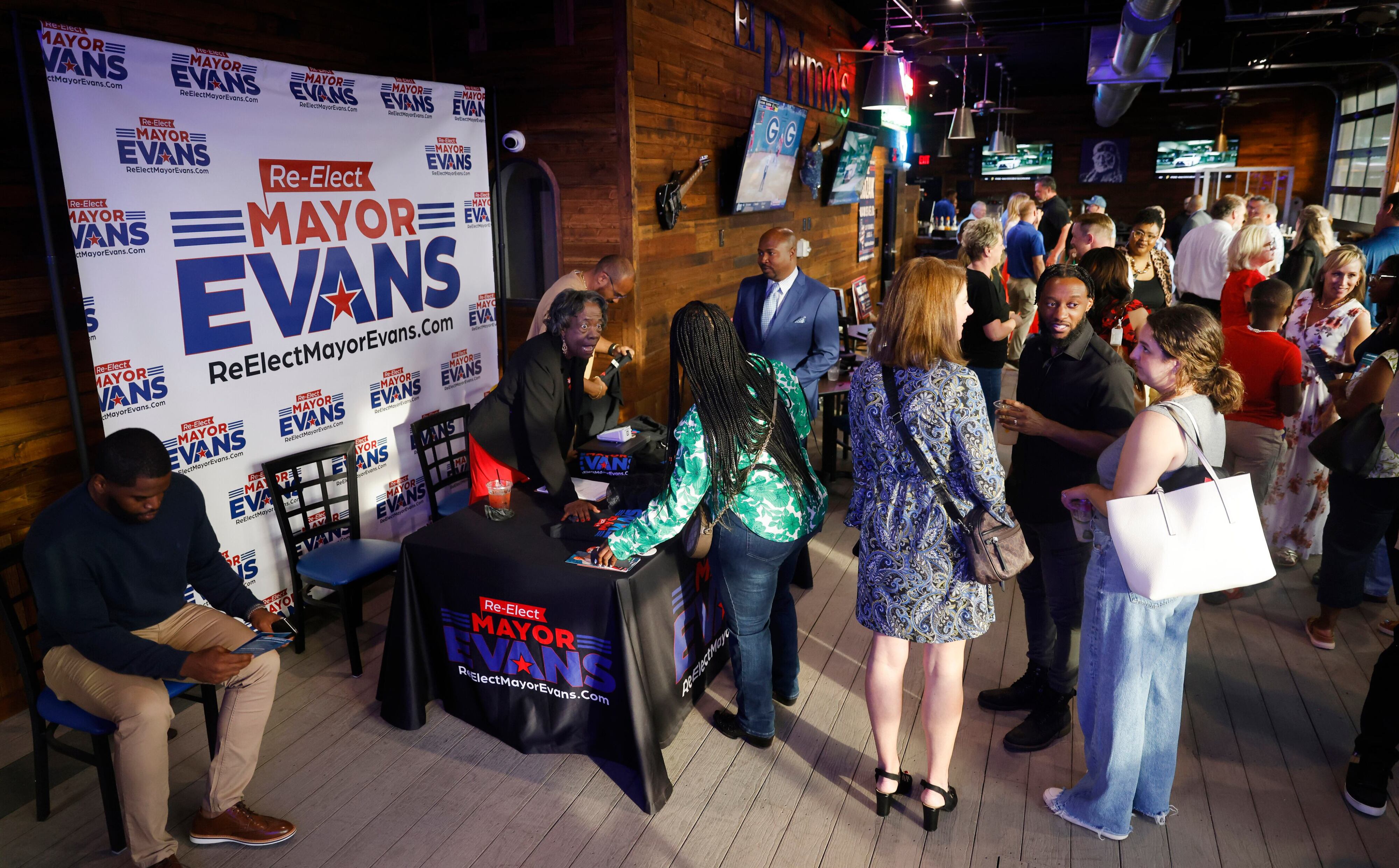
Municipal election voters are more likely to be swayed by a new H-E-B grocery store, or how a neighborhood is zoned, than a nationalized partisan issue.
The Tarrant County Republican Party along with associated organizations promoted messages that struck a chord during GOP primary elections. They repeatedly criticized diversity, equity, and inclusion programs, often referred to as DEI initiatives. Additionally, they cautioned voters about the perceived threat posed by far-left activists to the Texan lifestyle.
Often, even with a numeric edge in city votes, Republicans ended up losing those same elections.
Places like Keller and Grapevine have more voters with histories of voting Republican than voters with histories of voting for Democrats.
In many of these contests, Republican turnout was higher compared to Democratic participation,” noted Derek Ryan, a political consultant specializing in electoral analysis. “This suggests a mismatch between the agenda promoted by party leaders and the stances supported or opposed by rank-and-file members.
The fight for Mansfield
The contests in Mansfield are the clearest illustration of how local elections aren’t the place for many partisan or culture war issues.
In the Mansfield mayor’s race, Tarrant County Republicans backed council member Julie Short and accused incumbent Michael Evans of being a “far left radical” who would raise taxes and “destroy Mansfield.”
Under Evans, Mansfield’s tax rate plummeted to its lowest point in 35 years. Short, who has been on the council since 2018, had a voting record nearly identical to Evans’.
Diversity was also an issue in a city that rose from a farm town that embraced racial intolerance to a diverse, fast-growing city with one of the top school districts. In 1956, citizens hanged effigies to prevent Black students from desegregating Mansfield High School. Today, the Mansfield school district is one of the best in the country.
By most accounts, Mansfield residents are proud of their diversity. Still, Tarrant County Party Chairman Bo French said during a campaign rally for Short that diversity is a “terrible thing” that creates “divisiveness and weakness in our communities.”
In 2000, Mansfield elected Evans as its first Black mayor. He replaced David Cook, a conservative Republican who in January lost a bid to become speaker of the Texas House.
This year, Evans emerged victorious over Short, who welcomed her partisan backing, with a margin of 21 percentage points. Additionally, the Tarrant County Republican Party faced defeats in school board and municipal elections across Fort Worth, Keller, and Grapevine. They also suffered losses in the mayoral race along with council contests in Mansfield and saw three incumbent members lose their seats on the school board.
We need to assess who participated and who did not before we can understand all the details,” French stated in a social media post. “However, it appears that your typical Republican voter simply isn’t interested in local elections.
Ryan, the consultant who examined the data, mentioned that there was a discrepancy.
“Many Republican voters moved in the opposite direction from what their party leaders desired,” Ryan stated.
In the elections observed by Ryan on May 3, usually 20% of voters chose not to take part in partisan primaries. This underscores why focusing primarily on party affiliation should not be the key consideration in local contests.
There were successes driven by political parties.
In locations where each party holds an edge, Republicans and Democrats predominantly secured victories — with Democrats prevailing in Dallas County and Republicans dominating in Collin County.
The Denton County Republican Party was against
two unsuccessful Frisco propositions
This initiative aimed to raise funds for a $340 million performing arts center, but it failed to resonate with locals who were hesitant about spending such amounts in an unstable economic climate.
A Democratic group called Denton Together had four victories, two council races each in Denton and Little Elm.
Moving municipal elections
Some Texas lawmakers want to move municipal, school and college district elections to November, ideally on the same date as partisan general elections.
A bill by Sen. Bryan Hughes, R-Mineola, would bar all May elections, except in the case of emergencies or runoffs after March primaries.
Though the bill is designed to increase voter turnout, placing nonpartisan elections on the same ballot with partisan contests would empower a flood of partisan-minded voters who would have otherwise skipped the May contests. The result could mean Republicans and Democrats strengthening their strongholds. In more contested areas, winning could come down to who best turns out partisan voters.
The Tarrant County school district races that Republicans lost in May would be easier to win in a November general election.
State Rep. Rafael Anchia, D-Dallas,
has a bill
that would move Dallas municipal elections to November in odd years, which he says would double turnout, but not join nonpartisan and partisan races.
Since November in odd years would still be part of the state’s election calendar, even if Hughes’ bill passes, cities and school districts would be able to have nonpartisan elections in odd years and away from partisan contests.
Both Republicans and Democrats have indicated that local elections are worthy of their focus.
In the end, it rests with the voters to choose candidates who support the issues that matter most to them.
©2025 The Dallas Morning News. Visit dallasnews.com. Distributed by Tribune Content Agency, LLC.


